After growing concern over the number of errors contained in the IPCC’s 2007 Fourth Assessment Report (FAR) and on the fact that many of its key findings were not peer-reviewed but based on magazine articles and pamphlets from environmental groups, environment ministers from around the world called for the convening of a panel to review the world’s top climate science panel.
The review panel was appointed earlier this month by none other than Dr. Rajendra Pachauri, chairman of the IPCC, and Ban Ki-moon, secretary-general of the United Nations, not exactly paragons of objectivity.
That is the same Dr. Pachauri who has continued to maintain that the worst examples of errors contained in the report are trivial and the same Ban Ki-moon who declared just before the Copenhagen summit that if Copenhagen failed the world was doomed. Furthermore, Dr. Pachauri’s own credibility is under attack due to a perceived conflict of interest: He is accused of making a fortune from his links with carbon trading companies.
Tainted data
So what exactly is the review panel’s mandate? It has been assigned four key tasks:
analyze the IPCC process, including links with other U.N. agencies;
review the use of non-peer reviewed sources and data and evaluate its process to ensure quality control;
assess how the full range of scientific views are managed in fact and to recommend changes; and
review IPCC communications with the public and the media.
Unfortunately, during their announcement of the review panel last week, Ban Ki-moon reiterated his view “that the case for man-made global warming is sound,” and Dr. Pachauri said, “We believe the conclusions of the IPCC report are really beyond any reasonable doubt.”
In other words, the review panel will be hamstrung from the get go because it must take for granted that the substance of the 2007 report is robust—an idea that many scientists are now questioning. Eighteen key areas—which lie at the heart of the “warmist” science—have now been challenged, the latest, the claim that the Amazon rain forest is especially vulnerable to very minor changes in temperatures, having been thoroughly discredited due to contaminated data and poor analysis.
To further undermine the legitimacy of the review panel, the review is being conducted by the Inter-Academy Council—a representative body for a number of national academies of science, almost all of which are committed to the climate change cause. It will also be headed by the Council’s co-chairman, Professor Robbert Dijkgraaf, a professor of mathematical physics at the University of Amsterdam, who recently suggested on Dutch radio that the science around climate change is settled and that there is nothing substantially wrong with the 2007 report.
Suggestions have been made that the review panel’s recommendations, when it releases its report expected in August, are a foregone conclusion: it will recommend that Dr. Pachauri be removed as chairman, that the process to ensure quality be cleaned up, but that the science behind climate change is indeed settled. It will also likely repeat the Ban Ki-moon line that a few “problem” paragraphs in a 3,000 page document do not lead to the conclusion that the substance of the 2007 assessment is wrong.
Gerald Warner, a columnist with The Telegraph in London, England, has written that these conclusions would be “not only a whitewash but one in which the paint is spread so thinly as to be transparent.”
Many in the science and public policy community are hoping for a completely different conclusion, one that reflects a more open, self-reflective, and critical review of all aspects of the science of climate change, untainted by the political agenda of those lobbying for green policies and the “green economy.”
Professor Mike Hulme, of the University of East Anglia Climate Research Unit, for example, has suggested that the IPCC’s tendency to politicize climate change science has also helped to foster a more authoritarian and exclusive form of scientific knowledge production—just at a time when a globalizing and wired cosmopolitan culture is demanding of science something much more open and inclusive. Suggesting that the IPCC may have run its course, he recommended a more open approach to the science, including making extensive use of the tools of social media.
IPCC’s death knell?
But whatever the panel reports, any attempt to “whitewash” the IPCC will be its death knell. Large numbers of people from around the world now see climate science and the politics of climate mitigation as so tainted and corrupted by vested interests that they will not countenance any recommendations that perpetuate current practice with only some slight modifications.
Rather than review the IPCC processes, the panel should have been mandated to suggest to the environment ministers how they can extract themselves from the quagmire they have created by their own relentless pursuit of public policy based on one-sided “science.” Until it becomes normal practice to demand an analysis of all evidence from all viewpoints, the ministers will continue to be in danger of implementing costly and unproven policies based on magazine articles, environmental brochures, and anecdotal evidence. Ministers must demand a broader range of views on which to base their decisions.
Copyright Troy Media Corporation.
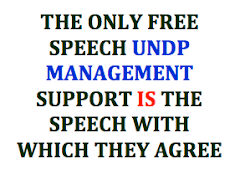



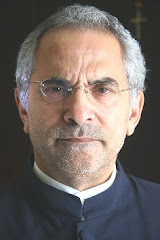

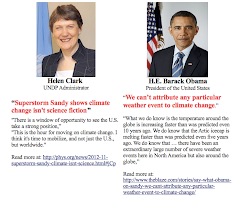














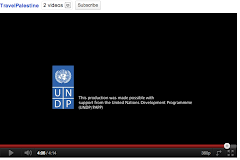

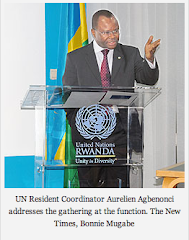



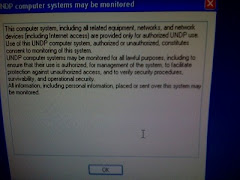

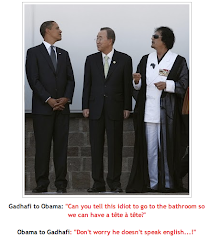
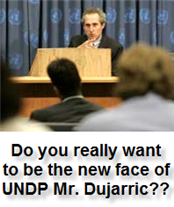





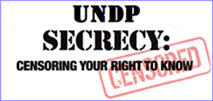
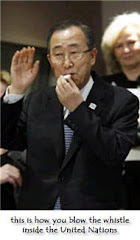
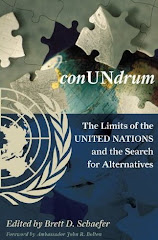

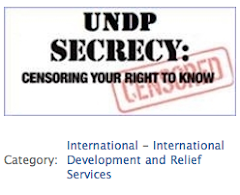
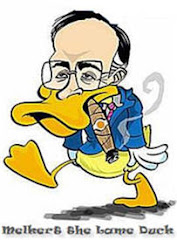


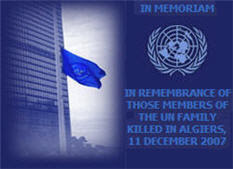



No comments:
Post a Comment